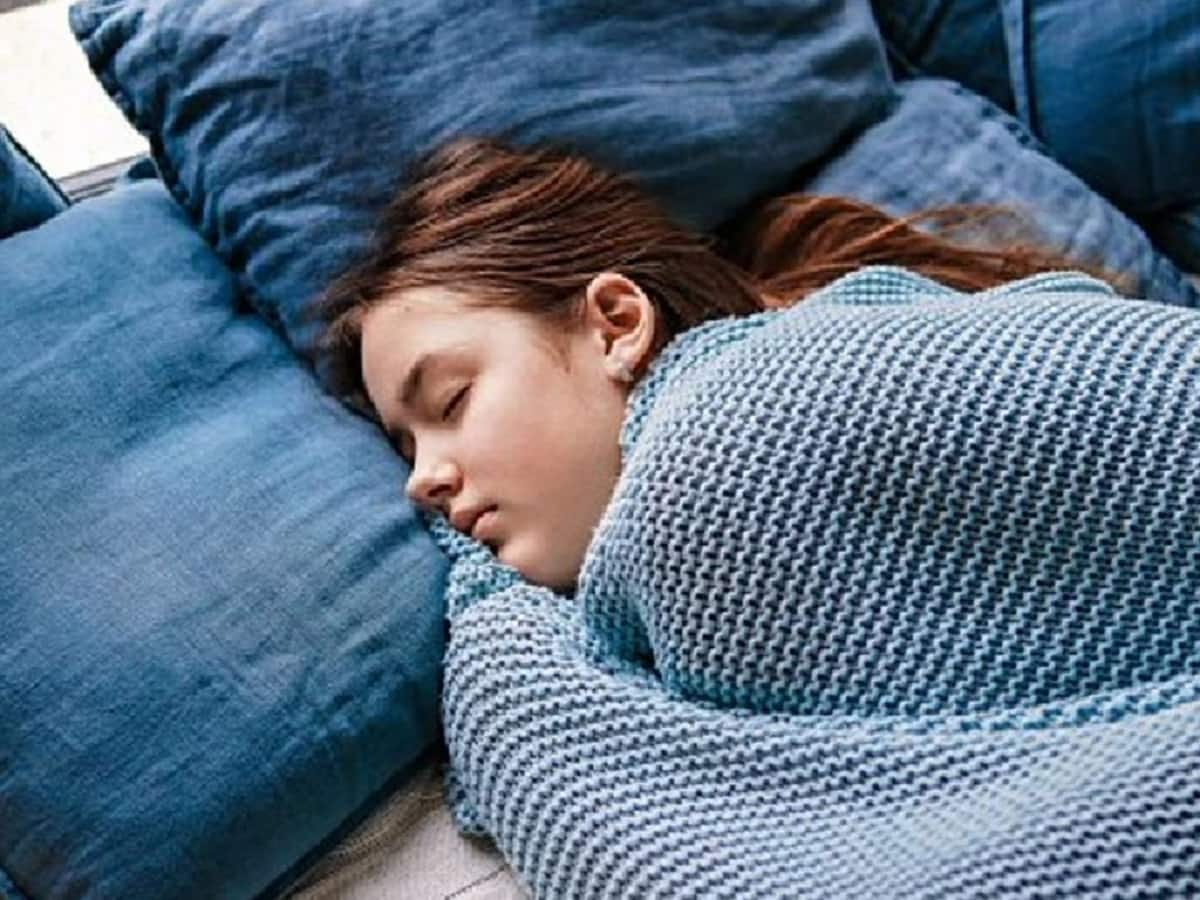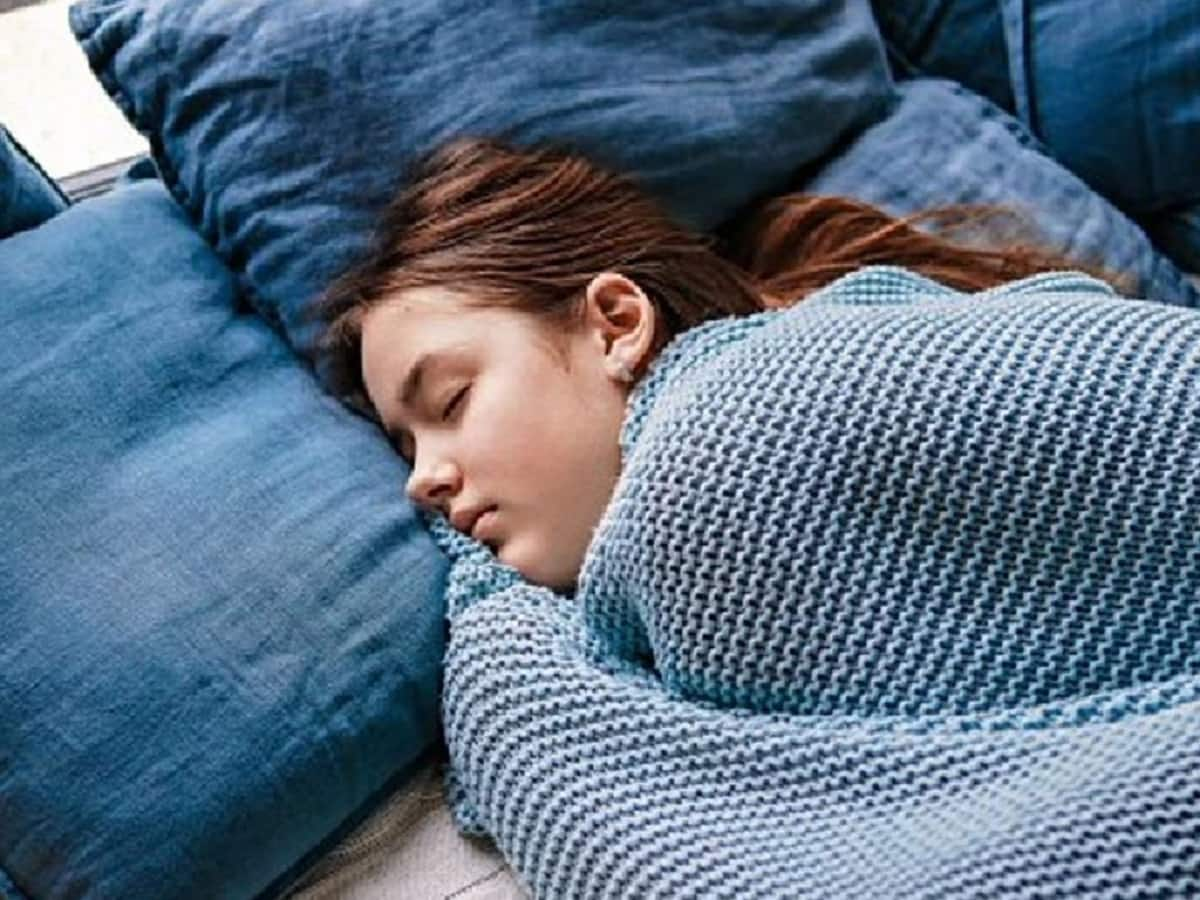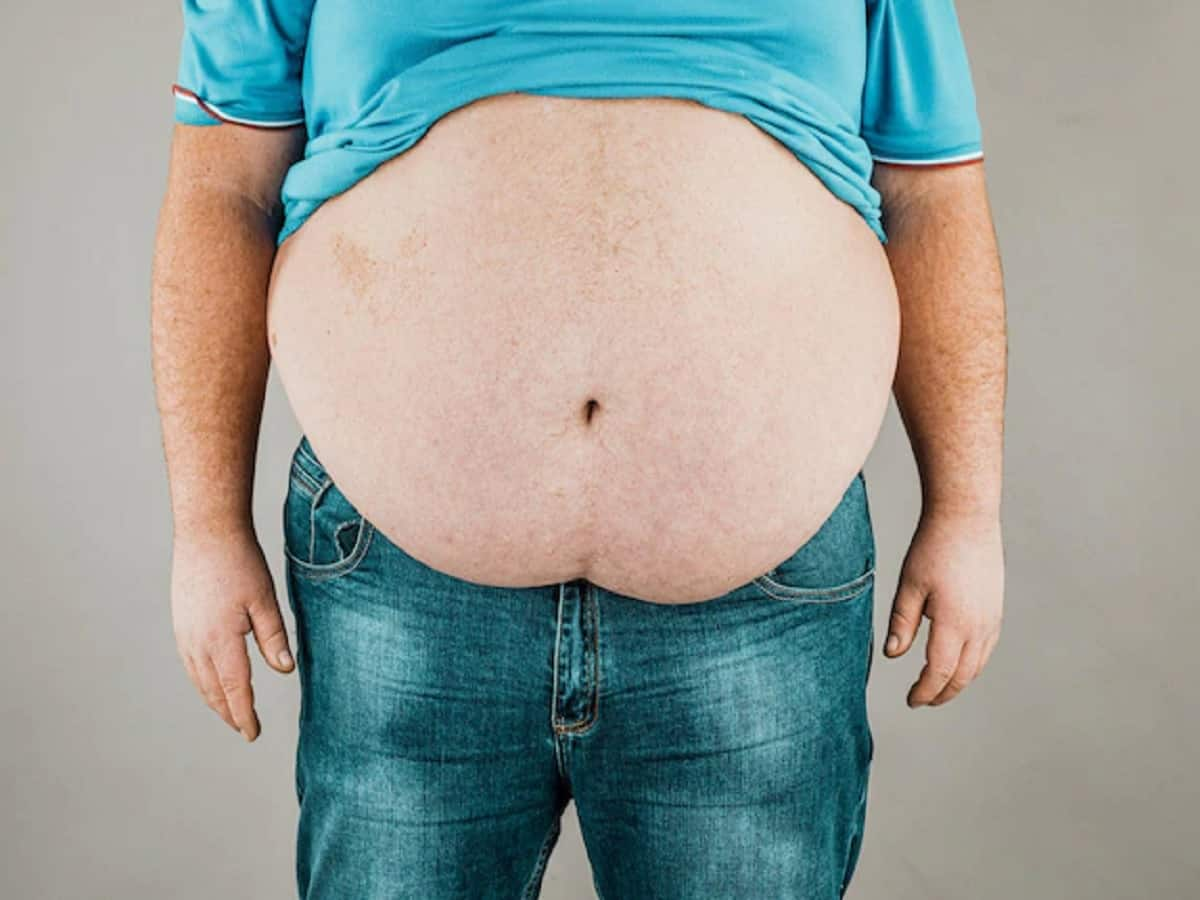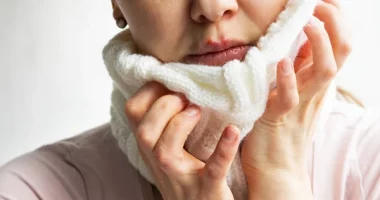Sleeping For Just Five Hours In Your 50s?  The first step to getting good sleep is to recognize if we are not getting one
The first step to getting good sleep is to recognize if we are not getting one
Less than five hours of sleep over 50 years of age is associated with the onset of chronic illness, a new study has suggested. With multi-morbidity affecting people globally, the study aimed to study its connection with the most fundamental human activity and that is sleep. For a long time, it was understood that sleep is a period of dormancy but with more research, it has been proven that adequate hours of sleep is essential for maintaining optimal health.
Researchers in Europe have found that getting less than five hours of sleep per night can result in the onset of chronic health conditions such as cardiovascular diseases, depression, cancer, diabetes, and others.
Tracking sleep of UK Civil servants
The study Association of sleep duration at age 50, 60, and 70 years with the risk of multi morbidity in the UK: 25-year follow-up of the Whitehall II cohort study, published in the Journal PLOS Medicine is an ongoing cohort study established in 1985. Follow-up clinic examinations have taken place after every four to five years. The study conducted on nearly 8000 civil participants enquired about their sleeping patterns, hours of sleep, and any chronic conditions they had. The study found that those who slept for five hours or less around the age of 50 were at 30 per cent more risk of developing multiple ailments than those who slept for seven hours. With an increased probability of chronic illness and multi-morbidity, shorter sleep duration was also associated with death.
Sleeping For Just Five Hours In Your 50s?
Signs you are not getting enough sleep
It might not take much effort on our cognitive skills to make out if we are taking good sleep or not. For a long time, people have associated sleep with a period of inaction, however, it is a time for rejuvenation and regeneration. There is a lot that happens when we are asleep. The first step to getting good sleep is to recognize if we are not getting one. Here are some signs of sleep deprivation-
1. Lack of sleep might show on your face, you might develop an outbreak of sudden acne.
2. You have developed red puffy eyes with dark circles and bag-like folds
3. You feel more hungry when you wake up and you have started gaining weight
4. You notice an increased dependency on caffeine-rich drinks
5. You have become more immune to infections such as frequent colds
6. You might experience bouts of irritability and mental exhaustion in the middle of the day
7. You have a foggy mind and find it hard to focus on things or memorize them
8. You might often wake up with a sore throat, dry mouth, or headache
9. You wake up with puffy skin
10. You don’t feel alert or fully present in a situation
Why is sleep so important?
Your body craves sleep as much it craves food. Inadequate sleep can result in a weak immune system and poor physical health. Sleep also involves a series of steps or stages and each of them contributes to our overall well-being. The period of sleep is usually broken down into the non-REM phase and the REM phase. The former further involves four sub-stages. In this part of the cycle, eye movement, heart rate and body temperature drop down. Your muscles also get relaxed during the period. This phase is associated with repair of tissues and the strengthening of the immune system. The REM phase of sleep is associated with increased brain activity and muscle relaxation. Hence, sleep is a time for deep healing, regeneration and regulation of vital life-supporting processes.
How many hours should you sleep?
Not sleeping enough is similar to keeping a sleep debt, it goes higher with every lapse. The more sleep-deprived you are, the more you need to sleep. The following is the prescribed duration of sleep as suggested by the Centers for Disease Control and Prevention-
1. Newborns (0-3 months) 14 to 17 hours
2. Infant (4-12 months) 12-16 hours
3. Toddler (1 to 2 years) 11-14 hours
4. School-age (6 to 12 years)- 9- 12 hours
5. Teens (13 to 18 years) 8-10 hours
6. Adult (18 to 60 years) 7 or more hours
7. Adult (65 years and older) 7-8 or 7-9 hours.
Sleeping For Just Five Hours In Your 50s?










